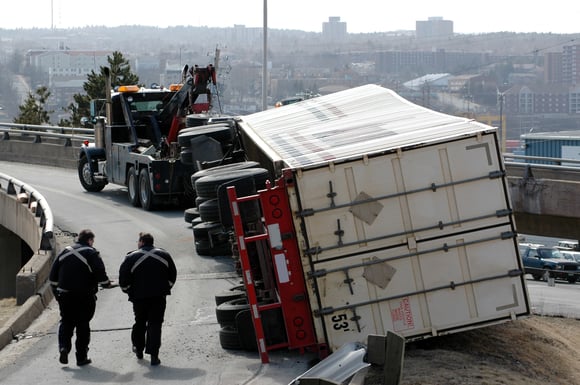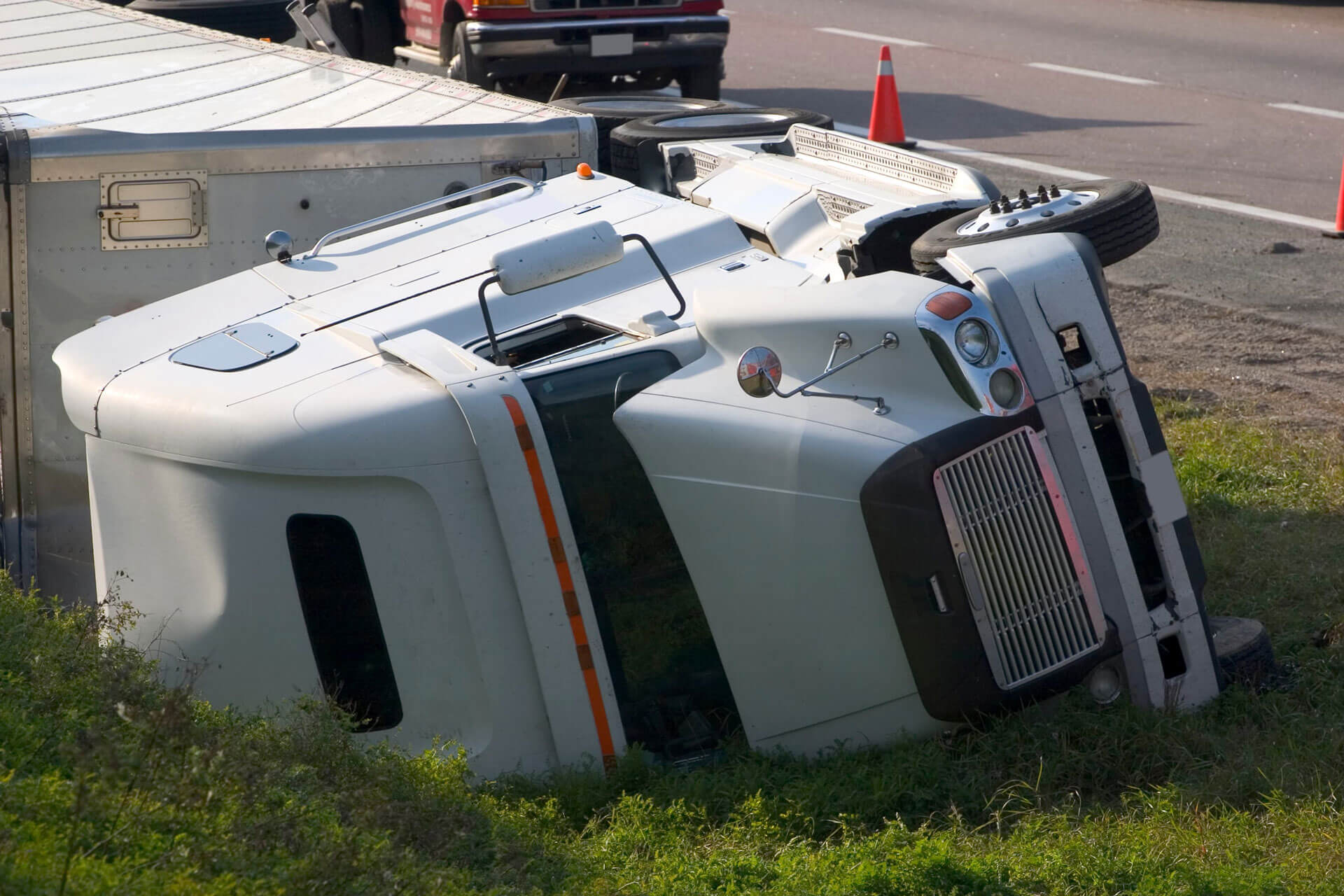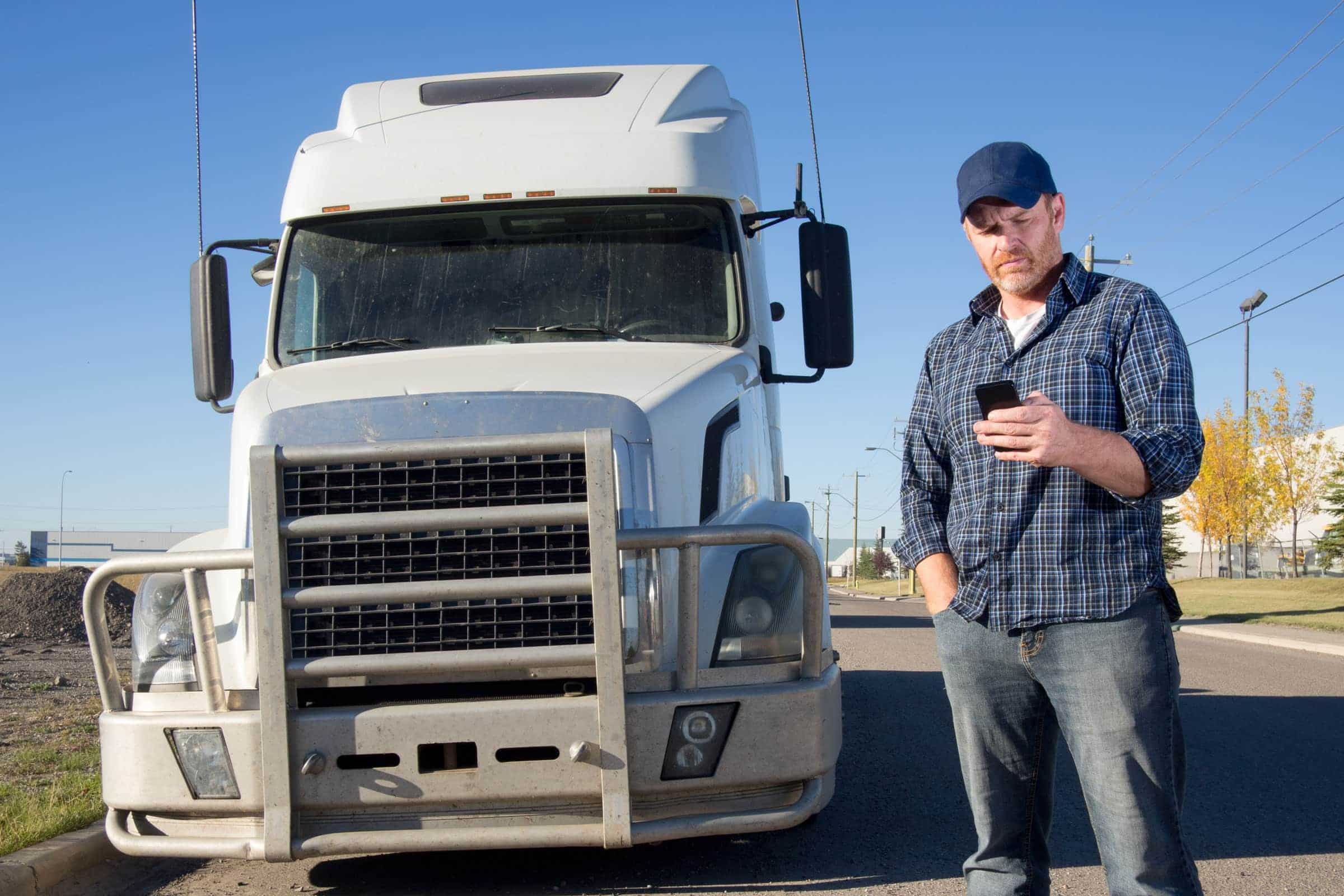Ask the PDC Adjuster
Why is on-time reporting of physical damage claims important?
On-time reporting of physical damage claims allows Great West Casualty Company to begin the investigative process while all of the details are still fresh in the minds of those involved. Prompt claim reporting is important for several reasons, including downtime and claim severity. If the Property Damage Cargo (PDC) Adjuster can respond in the first 24 hours, he or she can take steps immediately to minimize the insured's downtime, assist with towing, control costs, and get the equipment back on the road more quickly.
Additionally, on-time reporting affects the severity of a claim. Great West’s PDC Adjusters work with wrecker services and body shops every day. They specialize in resolving claims promptly to minimize losses and reach a fair and accurate settlement. Experience shows, however, that the longer it takes to report a claim, the higher the settlement cost.
What about cargo claims?
On-time reporting of cargo claims is even more critical. Let’s say your driver is at a dock delivering fresh produce when the receiver decides that maybe the temperatures are a little off or maybe the strawberries do not look as bright as the receiver thinks they should. As you know, produce is a perishable commodity. If you wait to call Great West for a day or so to give the receiver a chance to decide what he’s going to do, you could limit or prevent our ability to show that the cargo is not damaged or mitigate a loss. In some situations, timely reporting can prevent a loss, and failure to do so could jeopardize your insurance coverage.
For motor carriers who transport building materials, coils, paper rolls, dry goods, chemicals, food products, ingredients, and livestock, the PDC Adjuster can, in most cases, assist with salvaging these types of cargo to mitigate the loss when legally permissible. Great West also employs the services of independent adjusters to inspect the cargo, assist with the investigation, and help control costs. Again, reporting the claim promptly allows the claims team to resolve the claim quickly and fairly.
Call to Action
- Explain the accident reporting process clearly during orientation program
- Train drivers on the proper use of an accident kit
- Review insurance coverage with employees so they understand the benefits
- Track claims internally and hold staff accountable for late reporting
8 QUESTIONS TO ASK YOUR TRUCK INSURANCE AGENTWant to learn more? Download our white paper, Insurance is an Investment: |
The information in this article is provided as a courtesy of Great West Casualty Company and is part of the Value-Driven® Company program. Value-Driven Company was created to help educate and inform insureds so they can make better decisions, build a culture that values safety, and manage risk more effectively. To see what additional resources Great West Casualty Company can provide for its insureds, please contact your Safety Representative, or click below to find an agent.
© Copyright Great West Casualty Company 2017. The material in this publication is the property of Great West Casualty Company unless otherwise noted and may not be reproduced without its written consent by any person other than a current insured of Great West Casualty Company for business purposes. Insured should attribute use as follows: “Used with permission by Great West Casualty Company.”
This material is intended to be a broad overview of the subject matter and is provided for informational purposes only. Great West Casualty Company does not provide legal advice to its insureds, nor does it advise insureds on employment-related issues. Therefore, the subject matter is not intended to serve as legal or employment advice for any issue(s) that may arise in the operations of its insureds. Legal advice should always be sought from the insured’s legal counsel. Great West Casualty Company shall have neither liability nor responsibility to any person or entity with respect to any loss, action, or inaction alleged to be caused directly or indirectly as a result of the information contained herein.






